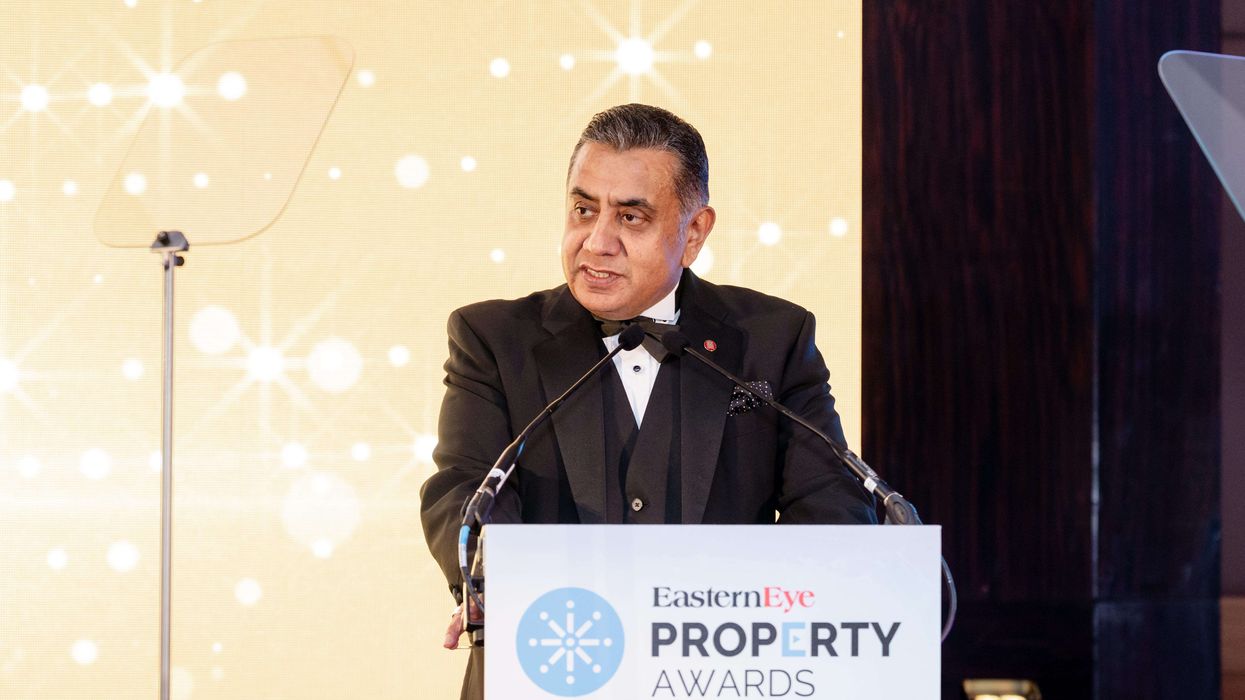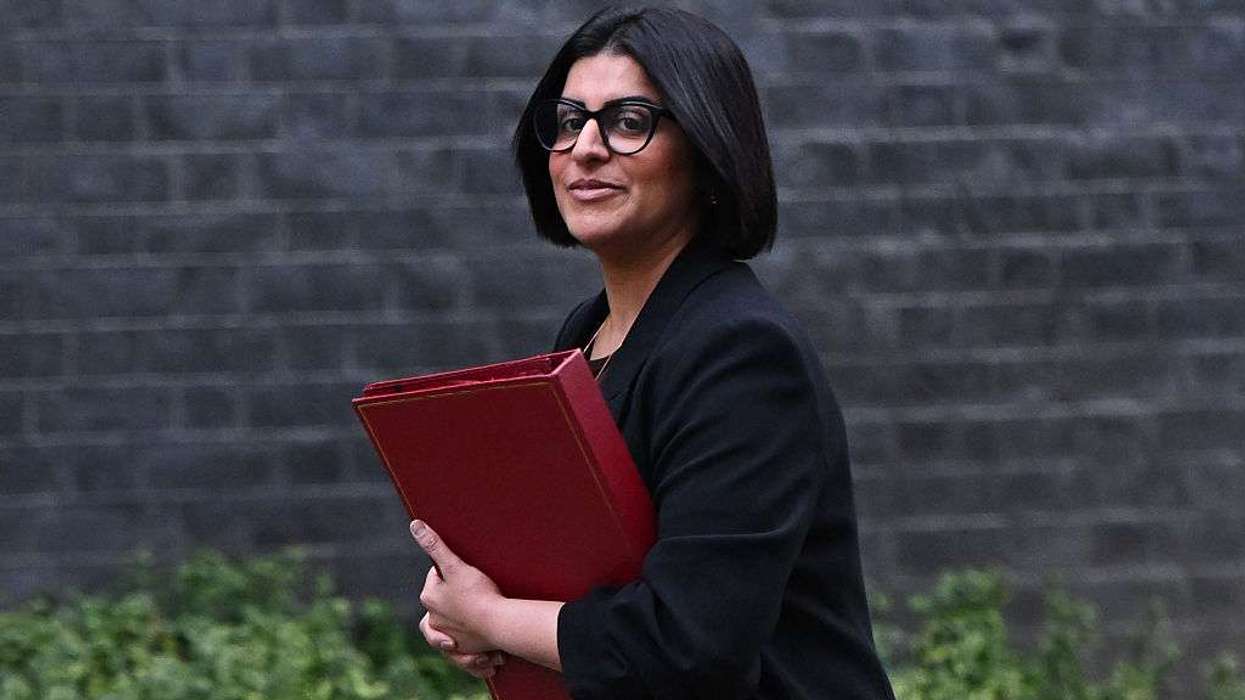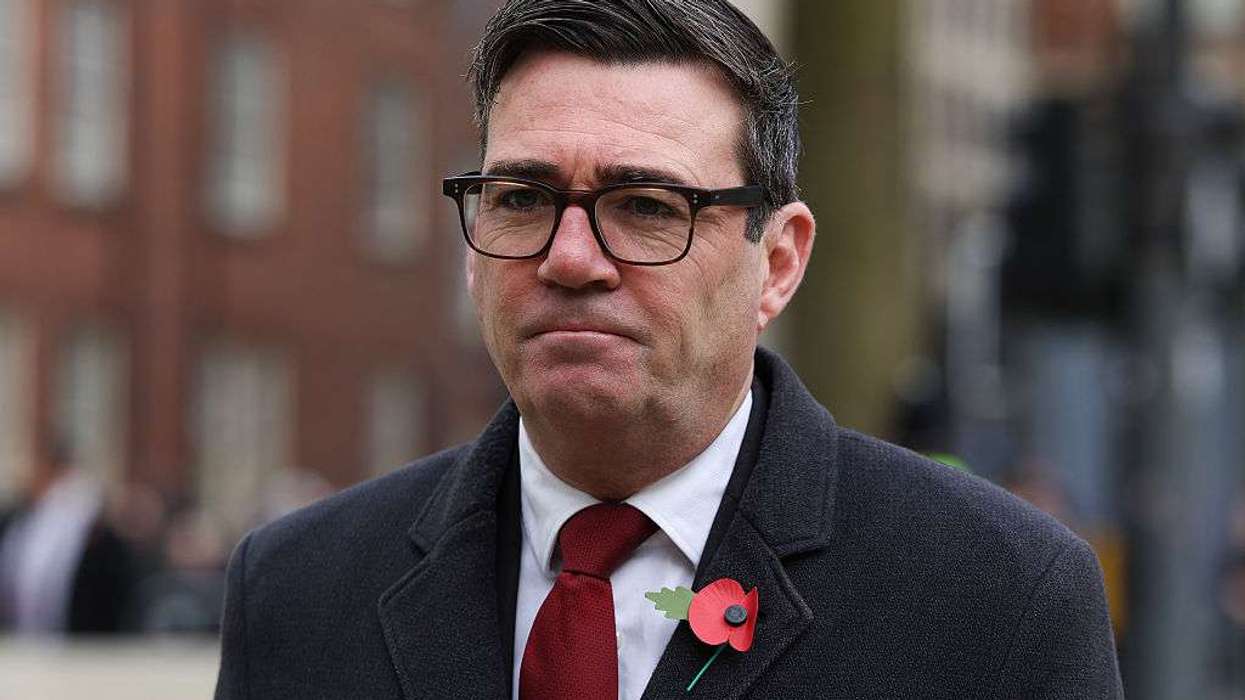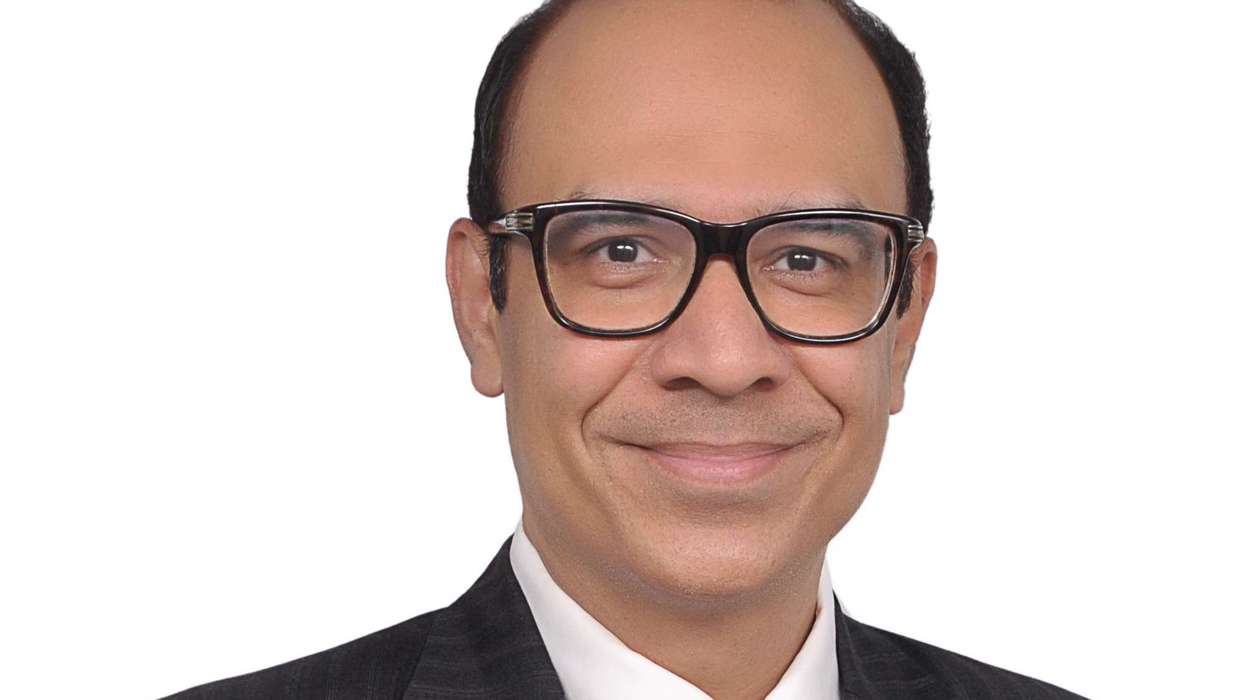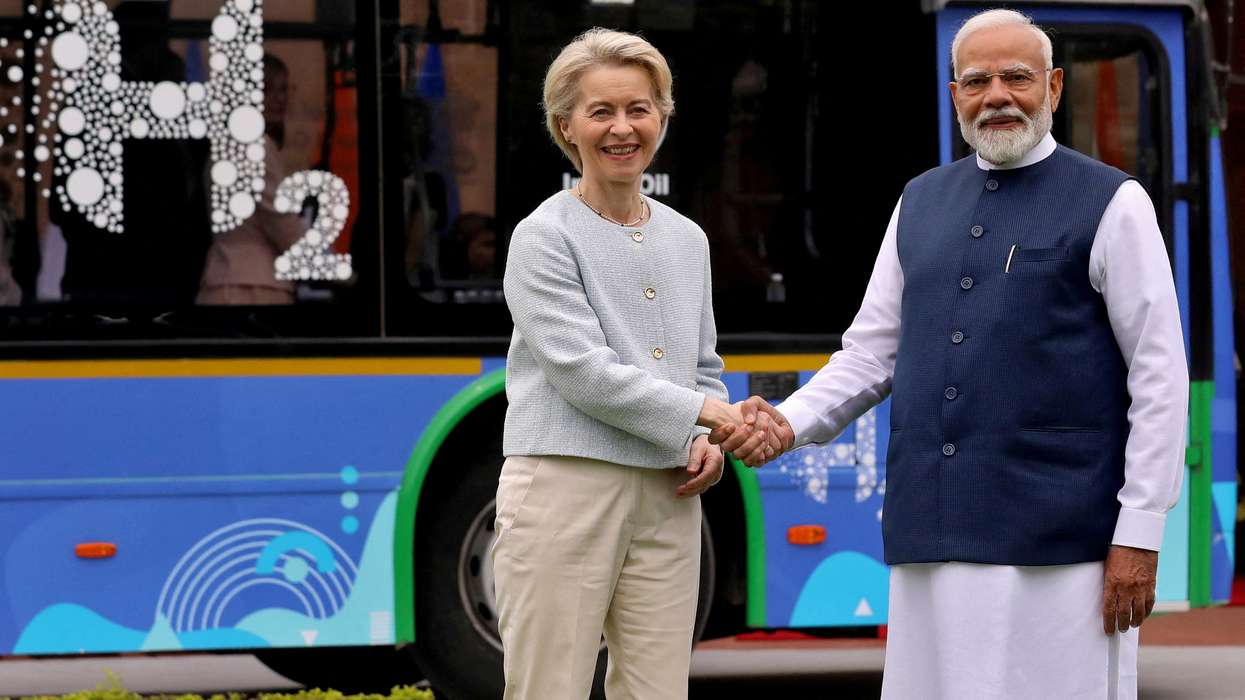FORMER Conservative minister Lord Tariq Ahmad praised Asian property developers for building not just brick-and-mortar homes, but also “communities and futures”, while paying tribute to generations of migrants who built the UK’s economy.
Lord Ahmad most recently served as minister for south Asia, the United Nations and the Commonwealth from September 2022 until July 2024 and previously held roles in Tory governments.
He is now a non-executive director at the Asian Media Group, publishers of Eastern Eye and Garavi Gujarat news weeklies.
At the Eastern Eye Property Awards last Thursday (25), Lord Ahmad said “property ownership very much is within the British Asian DNA”.
“Property ownership is part of what defines Asian communities now,” the peer said.
The senior Tory politician recalled growing up in Glasgow, with Asian shopkeepers and pharmacists settled within the wider Scottish community.
Reflecting on his father’s journey as a migrant in Glasgow in the 1950s, Ahmad said, “He came with three pieces of advice – learn the language, understand the language fully, be a productive citizen of the country which is now your home, and also understand the culture. And the third thing was – give back to the community.”
He pointed to the resilience the generation who arrived in the UK during the 1950s and 1960s, often facing discrimination, but who responded with determination and a commitment to give back to their adopted home.
Though his father faced racism, he immersed himself in English literature, embraced local culture, and invested in property. This, Lord Ahmad said, became part of the wider story of how migrants helped build lives and communities through ownership of homes, shops, and small businesses.
“It’s important when you look at society, we look at the different contributions. Not only do our British Asian pharmacists dispense prescriptions, keep job, but they also dispense wisdom,” Ahmad said.
He added, “British Asian developers have contributed to building communities. They have built futures.”
He described them as a symbol of aspiration and perseverance who helped transform neighbourhoods, created jobs and were known for their business acumen.
Highlighting the role of shopkeepers as the “backbone of British life,” Ahmad said corner shops became the seed for larger enterprises such as Bestway, among others.
Pharmacies, too, played a crucial role not only in dispensing medicines but also in providing advice and support to families. These professions, combined with investment in housing and hotels, showed how property ownership has long been tied to social mobility and economic growth within British Asian communities, he added.
Lord Ahmad also underlined the value of hospitality and entrepreneurship, pointing out that Asian hoteliers and developers had become a vital part of the country’s economic fabric, driving growth and opportunities.
“From small acorns, great oak trees grow,” he said, noting how modest ventures had expanded into national and international businesses.
He also expressed concern over divisions in society today and said bigotry and racial slurs had resurfaced in public life. It was the responsibility of leaders to confront division, he said, and he added that patriotism should not be confused with narrow nationalism.
“Our true strength comes from the rich tapestry of our diversity, and British Asian success is intrinsic to that,” he said.
Lord Ahmad described British Asians as “dreamers, doers, and dealmakers” whose efforts had helped Britain prosper.
Migration, he argued, had made the country stronger and more dynamic.
“Britain today is much stronger, much warmer, and much spicier, because of all of you,” he said at the event.
